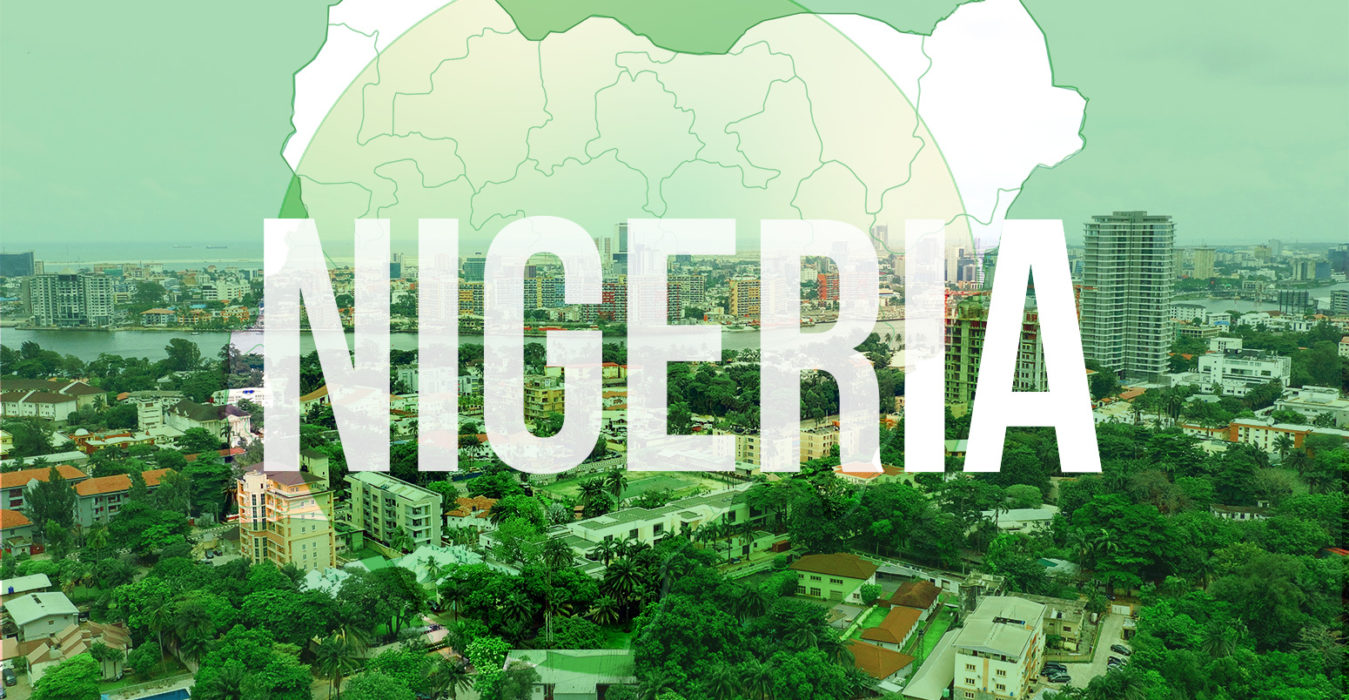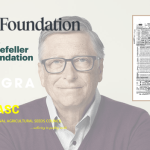
Morocco’s GDP Matches Lagos, But Its Development Leaves Nigeria Behind: A Tale of Two African Powerhouses with Diverging Outcomes

In the conversation about African economies, Nigeria often takes centre stage as the continent’s largest by GDP. Within Nigeria, Lagos State, Africa’s most populous and economically dynamic city, stands out as a powerhouse in its own right. Meanwhile, Morocco, a North African country with a smaller population, often flies under the radar despite its macroeconomic indicators and modern infrastructure.
Recent economic comparisons show that Morocco’s GDP is nearly on par with that of Lagos. While this may appear to put the two on equal footing economically, a closer look reveals stark differences in development, infrastructure, and quality of life. Morocco may not have the population size or market scale of Nigeria, but it has outpaced Nigeria in translating economic output into tangible, visible development.
Morocco’s GDP was approximately $140–150 billion USD in 2023, according to IMF and World Bank estimates. Its economy is highly diversified, built on agriculture, phosphates, automotive and aerospace manufacturing, renewable energy, and tourism. Morocco has also become a key gateway between Europe and Africa, with trade partnerships extending across both continents.
On the other hand, Lagos State, though not a country, is estimated to have an economy valued at $100–135 billion USD, contributing over 25–30 per cent of Nigeria’s national GDP. Home to more than 20 million people, Lagos is a commercial and financial hub, with vibrant sectors like banking, telecommunications, fintech, oil and gas services, entertainment (Nollywood), and trade.
That a single city-state in Nigeria nearly matches an entire country in GDP is a testament to Lagos’s role as an African economic engine. Yet, this comparison also exposes deeper systemic issues in Nigeria’s development trajectory.
Development Indicators: Morocco’s Clear Advantage
GDP numbers, while important, don’t tell the whole story. Development must be assessed across multiple dimensions, including infrastructure, governance, education, healthcare, and quality of life. On nearly all these fronts, Morocco outperforms not only Lagos but Nigeria as a whole.
1. Infrastructure and Urban Planning
Morocco has made world-class investments in transportation. The Al Boraq high-speed train, launched in 2018, connects major cities like Casablanca and Tangier in record time. Its road network is among the best in Africa. Meanwhile, Tanger Med Port is one of the busiest and most advanced in the region.
Lagos, despite its wealth, struggles with severe traffic congestion, inadequate public transport, and insufficient road maintenance. Large infrastructure projects like the Lagos Light Rail and Fourth Mainland Bridge have faced repeated delays and funding challenges.
Morocco has implemented extensive housing projects to reduce informal settlements. Lagos continues to battle with sprawling slums, housing shortages, and poor waste management.
2. Energy and Utilities
Morocco enjoys near-universal electricity access and is a leader in renewable energy, particularly solar and wind. The Noor Solar Complex in Ouarzazate is one of the largest in the world.
Nigeria, in contrast, suffers from chronic electricity shortages. Lagos fares better than most states, but even here, many residents and businesses depend on expensive private generators. National power generation hovers between 3,000 and 5,000 MW, inadequate for a country of over 200 million people.
3. Healthcare and Education
Morocco’s healthcare system is more accessible, with better maternal and child health outcomes, higher life expectancy (74 years vs. Nigeria’s 55–60), and broader health insurance coverage.
In education, Morocco’s literacy rate is over 80 per cent, compared to around 60 per cent in Nigeria. Morocco has also invested heavily in technical education and vocational training to prepare its workforce for a modern economy.
4. Governance and Stability
Morocco benefits from relative political stability, centralised development planning, and long-term investment strategies led by the monarchy. Programmes like the New Development Model and Green Morocco Plan show coordinated vision and execution.
Nigeria, while democratic, faces complex governance challenges, including bureaucratic inefficiency, insecurity, corruption, and policy inconsistency. These issues undermine development even in high-potential areas like Lagos.
Lessons from Morocco for Nigeria and Lagos
Morocco shows what can be achieved when infrastructure, industrial policy, and human capital are developed in alignment with a long-term vision. While Morocco is more centralised, its cities benefit from consistent national planning. Nigeria’s federal structure can be an advantage if supported with accountability and better coordination between states and the centre. Morocco’s focus on literacy, healthcare, and technical education has yielded precise results. Nigeria, with its large youth population, needs urgent investment in human capital to harness its demographic dividend. Morocco’s ability to maintain a stable business environment has helped it attract foreign direct investment in industries like automotive manufacturing, aviation, and renewable energy, areas where Nigeria also has potential.
The fact that Morocco’s entire economy is only slightly ahead of Lagos, just one Nigerian state, speaks volumes about Nigeria’s scale and potential. But it also shows a harsh reality:
Economic output does not automatically translate into development.
Morocco has managed to leverage its GDP into sustained improvements in infrastructure, social services, and overall quality of life. Nigeria must now turn its impressive economic activity into broader, inclusive, and sustainable development, not just for its cities, but for its entire population.
Until then, Morocco will continue to shine not just as an economic competitor but as a developmental example for the rest of the continent.
Read: Ghana Slashes Interest Rate by 3% as Inflation Drops and Cedi Strengthens
About The Author
%s Comment
Leave a Reply Cancel reply
Related Articles
AES Condemns Niamey Airport Attack, Warns of Coordinated Destabilisation
The Alliance of Sahel States has strongly condemned the armed attack on...
ByWest Africa WeeklyFebruary 2, 2026Mali Cedes Strategic Land to Guinea to Deepen Trade Cooperation
Mali has approved the transfer of a strategic parcel of land to...
ByWest Africa WeeklyFebruary 2, 2026Senegal to Appeal CAF Sanctions After AFCON Final Controversy
Senegal has announced plans to formally appeal the sanctions imposed by the...
ByWest Africa WeeklyFebruary 2, 2026Burkina Faso Takes Legal Step Toward Nuclear Energy Development
Burkina Faso has voted to join the Vienna Convention on Civil Liability...
ByWest Africa WeeklyFebruary 2, 2026












It can be said that foreign interference is the major reason for this backwardsness…but then again as the saying goes when there’s no enemy within the enemy without can’t harm us…the so called people in power value their personal greed over the need of implementing and upholding good policies that will aid the advancement of their people